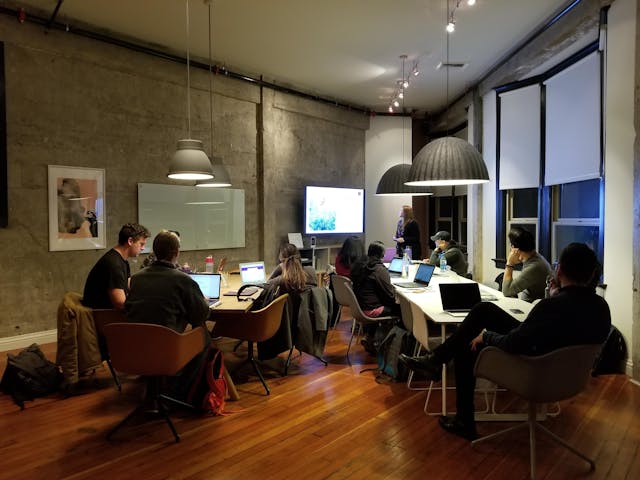Ronald K. Noble, founder RKN Global
Famous quotes are often immortalized for our perception of their truth value. An observation that eloquently and accurately captures the dynamic of a phenomenon of human life is more likely to become one that is requoted, even to the point of fame. One such quotation is the oft-quoted dictum of Lord Acton, the British historian: “Power tends to corrupt and absolute power corrupts absolutely.”
What Lord Acton’s observation highlights is that corruption speaks to something universal in human nature; given the right environment, it will sprout like a weed which is given ample water and sunlight to thrive.
Decades of experience in national and international law enforcement have taught me that corruption is indeed intrinsic to the human condition, but that it can nevertheless be combatted, through a combination of education, law enforcement, and social engineering.
Corruption often makes headlines in the context of political leaders; indeed, this is a real phenomenon and a legitimate concern, but it is not limited to political leaders or people of power. Merriam-Webster dictionary, for example, defines corruption as “impairment of integrity, virtue or moral principle,” and “inducement to wrong by improper or unlawful means (as bribery)”. Corruption’s scope can involve political leaders, government bureaucrats, business people and management, lower level employees, athletes and coaches, and a host of other individuals and organizations.
The negative effects of corruption can range widely. When government leaders and politicians engage in corruption, then resources that ultimately belong to the public are misused, misappropriated, or distributed unjustly. Business corruption can undermine the entities that management and employees were hired to serve; when widespread enough, it can eat at the economic foundation of businesses, sectors, and even entire economies. Corruption on all levels can hurt individuals who are innocent of any connection to the corrupt behavior.
The range of corruption and its effects are as wide as the range of human activity. Combatting corruption requires tremendous thought, attention and dedication at all levels of society.
We will look at some specific areas of corruption and how to deal with them in future essays on this topic, in the belief that knowledge empowers us to improve ourselves and protect ourselves from the moral and legal rot of corruption.




